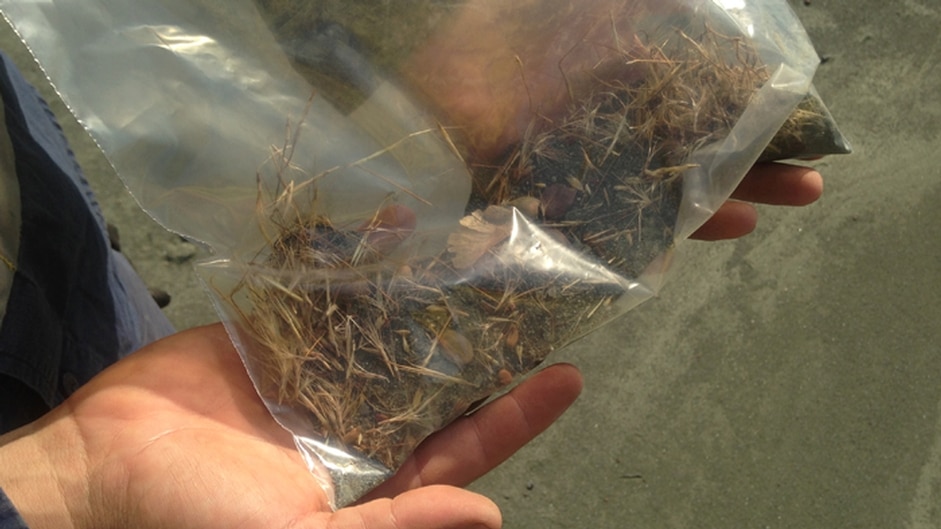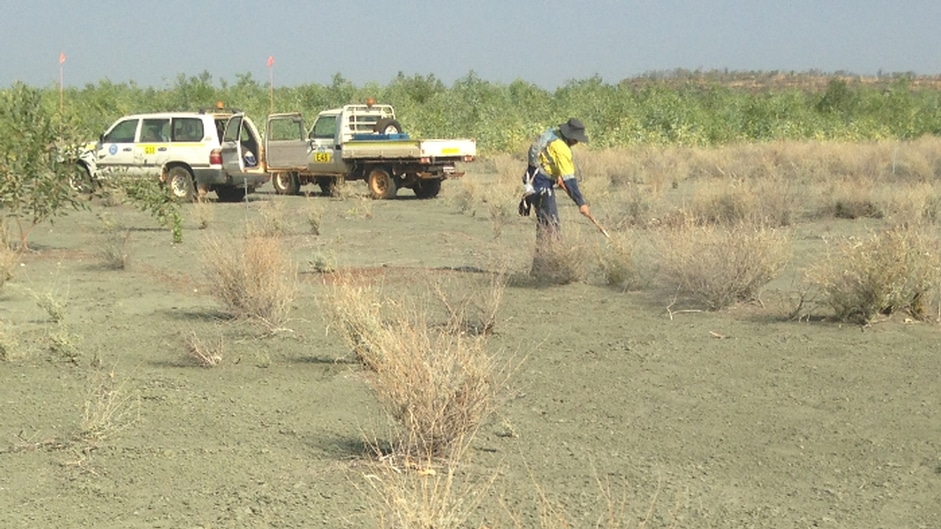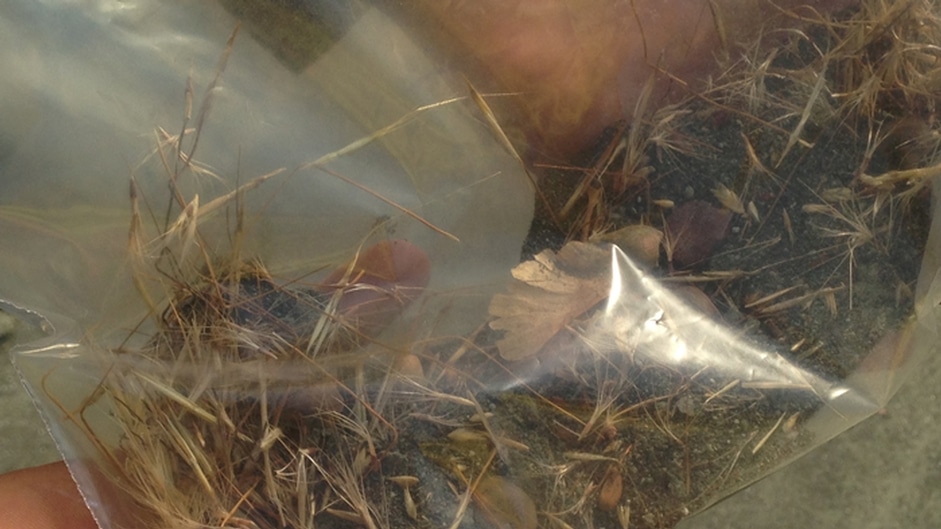When Kimberly Diamond Company needed help rehabilitating the Ellendale Diamond Mine in order to meet regulatory compliance after mining activities, the client engaged Kleinfelder to design and implement a scientifically based trial to demonstrate the efficacy of an innovative seed inoculation process to enhance rehabilitation of local species.
Targeting Re-vegetation for Regulatory Efforts
While re-vegetation is a common mine site rehabilitation issue, Ellendale Mine is located in an area surrounded by exotic pasture grasses. Traditional rehabilitation practices use fertilisers to promote growth; however, as these fertilisers are non-targeted, they benefit both exotic and native plant species. Kimberly Diamond Company needed to re-vegetate with native species rather than exotic or weed species. Kleinfelder hoped to use an innovative solution to regrow only native species and eliminate spread of weed species.
Streamlining Solutions With Science
Mycorrhiza are symbiotic on a wide range of plants but by coating the seed and allowing the native to form the association early in their life cycle—while precluding the use of fertiliser—the native will have a competitive advantage over the weed species. Kleinfelder’s expertise will reduce the amount of weeds and reduc the effort and cost required for weed control, and improve rehabilitation outcomes.
Project Results
Kleinfelder’s innovative soil microbiology experts developed a solution that reduces the need for weed control and long-term rehabilitation efforts, thereby saving the client time and money. Results from this trial will shape and improve the direction of this client’s re-vegetation efforts on future mine operations, as well.
Project Details
Location:
West Kimberley, Western Australia
Owner:
Kimberley Diamond Co.




